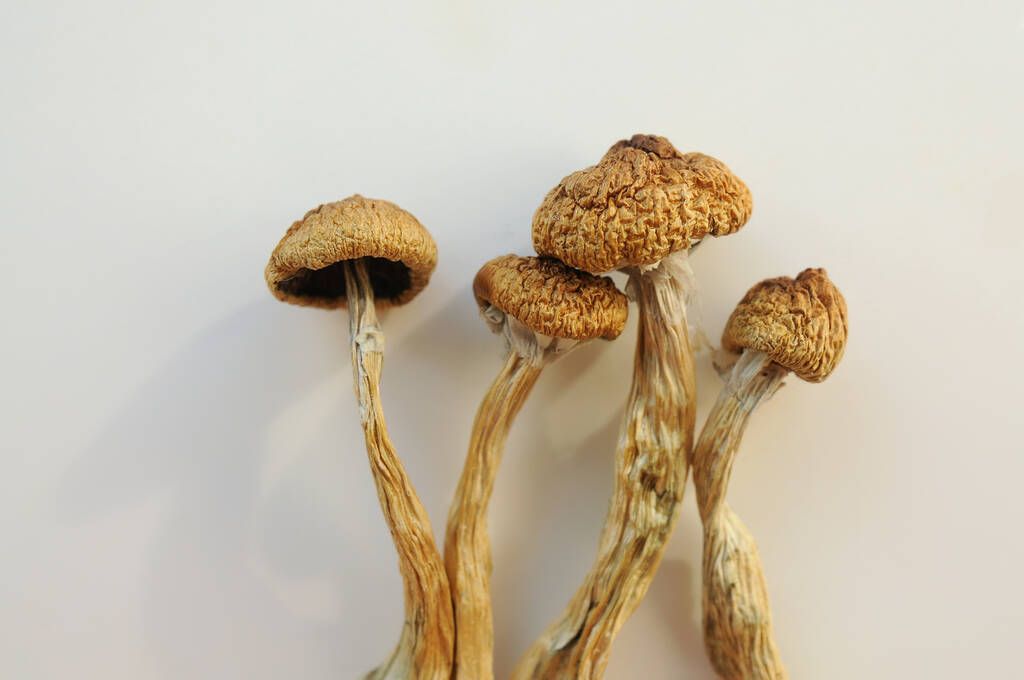A study, published in Molecular Psychiatry, led by Professor Bernard Lerer from the Department of Psychiatry at the Hadassah—Hebrew University Medical Center shows promising results for using psilocybin as a potential treatment for obsessive-compulsive disorder (OCD) and Tourette’s syndrome.

Dried psilocybin.
The study, titled “Striking Long Term Beneficial Effects of Single Dose Psilocybin and Psychedelic Mushroom Extract in the SAPAP3 Rodent Model of OCD-Like Excessive Self-Grooming”, was published in the journal Molecular Psychiatry.
The study included 50 genetically modified mice that displayed excessive grooming and anxiety, similar to human OCD behaviors and head-body twitches similar to tics suffered by patients with Tourette’s syndrome.
These mice were randomly given either a single injection of psilocybin, a psychedelic mushroom extract, or a placebo. Raters, unaware of which treatment each mouse received, evaluated the effects at several points over a three-week period.
Mice treated with psilocybin showed a 14.60% decrease in excessive grooming, while those receiving the mushroom extract saw a 19.20% reduction, compared to a significant increase of 118.71 in grooming in the placebo group. The study also observed reductions in other symptoms like tic-like movements and anxiety, with the mushroom extract showing greater benefit in its effect on anxiety. Additionally, the positive effects from a single treatment lasted up to seven weeks in some mice.
“Understanding that over 40% of OCD patients don’t find relief with current treatments, our findings are crucial as they suggest a new way to help these individuals,” Prof. Lerer noted.
“We look forward to advancing to human trials and further exploring how these treatments can provide long-term benefits. The effects observed on tic-like head and body twitches raise the previously unreported possibility that psilocybin may be effective in patients with Tourette’s syndrome.”
The full study can be found by clicking here.







